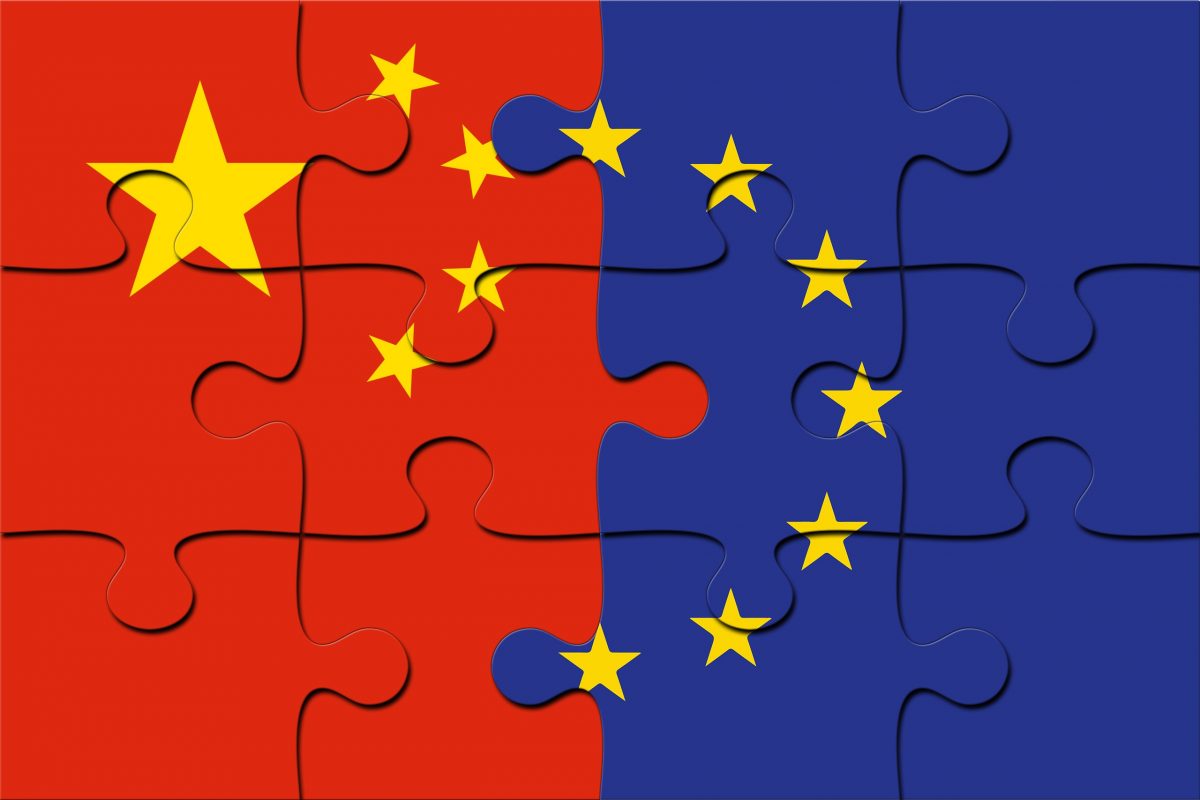Europe needs to reduce dependencies, especially on critical raw materials.
EU Commission President Ursula von der Leyen has announced a new direction for European relations with China. China’s transformation, she said, which is driven by “more repressive at home and more assertive abroad,” requires a strong and united European stance. While decoupling is neither practical nor in the EU’s interest, economic risks must be minimized, she said at an event hosted by the Mercator Institute for China Studies and European Policy Centre think tanks in Brussels.
Dependence is particularly high in the area of critical raw materials needed to implement the energy transition. Europe currently gets 98 percent of its rare earths, 93 percent of its magnesium and 97 percent of its lithium from China, von der Leyen said. Digital and green transformation will cause demand for these materials to skyrocket, she added. To secure and diversify supplies, the EU has launched a new law, the Critical Raw Materials Act. New free trade agreements are also intended to help diversify supply chains.
Better Protection for Critical Technologies
In addition, new defense instruments are being considered for critical sectors such as artificial intelligence and robotics, which could also be used to develop military capabilities, the EU Commission president said. Corresponding investments or exports could be more strictly scrutinized in the future for their risk to national security – measures that other countries such as the U.S. and Australia already practice.
Von der Leyen’s keynote speech came shortly before her visit to China, which she will embark on April 4 together with French President Emmanuel Macron. German Foreign Minister Annalena Baerbock is also expected to visit the People’s Republic in mid-April, writes Handelsblatt. The German Foreign Office is likewise currently working on a new strategy for dealing with China (we reported).
Photo: iStock/Yurchello108


